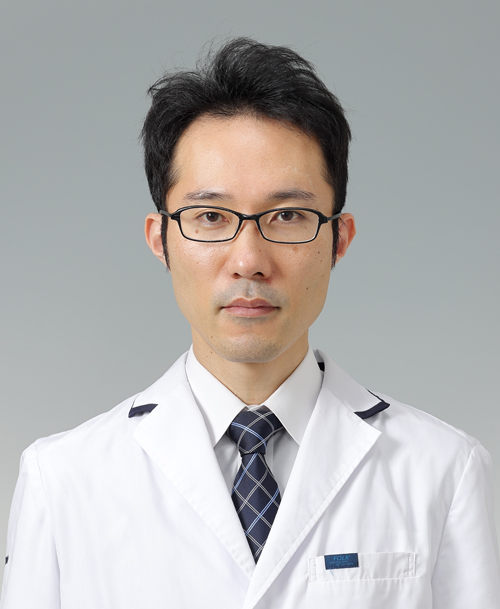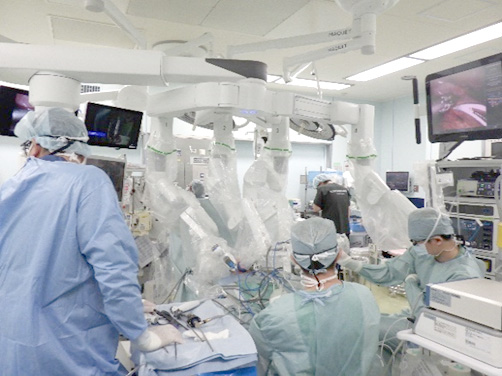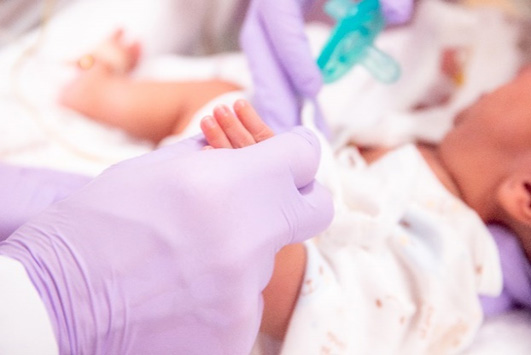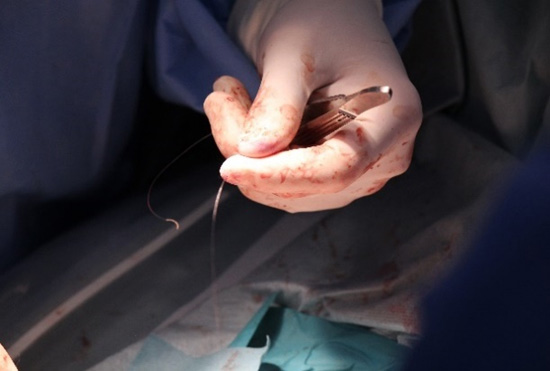Director of the Department
| Name |
Terutaka Tanimoto |
| Specialist/Certified Physician |
Japn Surgical Society(specialist)
Japanese Society of Pediatri Surgery (instructor/specialist)
Japanese Society of Endoscopic Surgery Technical Certification Holder
Japanese Cancer Treatment Certification Physician Organization Cancer Treatment Certification Physician
Japanese Pediatric Hematology and Cancer Society Certified Pediatric Cancer Surgeon
|
| Specialty |
Pediatric endoscopic/robotic-assisted surgery,Pediatric thoracic surgery,Pediatric solid tumor |
Pediatric surgeons are the specialists of the surgical treatment of children. We treat a broad variety of diseases, including gastrointestinal, respiratory, genitourinary, pediatric cancer, and body surface diseases. Since children are not only small but also have immature organs, surgery requires specialized knowledge and skills that differ from those of adults. We treat not only relatively common diseases, but also provide treatment for unusual diseases that are difficult to treat at other facilities. Please feel free to contact us if you have any concerns about anything related to your child.
Scope of Target Diseases
1. Neonatal
Esophageal atresia, Congenital diaphragmatic hernia, Congenital atresia of the intestine, Anorectal malformation, Omphalocele, Gastroschisis
2. Head and Neck / Body surface
Branchial cyst, sinuses, and fistulas, Inguinal hernia, Umbilical hernia
3. Thoracic
Congenital Pulmonary Airway Malformation, Tracheal stenosis, Tracheomalacia/Bronchomalacia, Funnel chest
4. Abdominal
Hypertrophic pyloric stenosis, Gastroesophageal reflux disease, Malrotation,
Intussusception, Hirschsprung disease, Congenital biliary dilatation, Biliary atresia
5. Urology
Undescended testis, Vesicoureteral reflux, Congenital hydronephrosis, Hypospadia
6. Tumors
Neuroblastoma, Wilms’ tumor, Hepatoblastoma, Rhabdomyosarcoma, Germ cell tumor
Features and Description of Medical Care
In a previous era, surgery with large wounds was the mainstay of surgery, but nowadays, endoscopic surgery with small wounds is widely performed on children. In our department, in addition to surgeries such as inguinal hernia repair and fundplication, we also perform endoscopic surgery for neonates with esophageal atresia, congenital diaphragmatic hernia, and intestinal atresia, and other complicated surgeries such as anorectal plasty and lobectomy. We are also the only institute in Chugoku and Shikoku area that performs robot-assisted surgery including for congenital biliary dilatation, hydronephrosis, and mediastinal tumors in pediatric patients. Especially for congenital biliary dilatation, we have been leading this field since the time of Dr.Todani, the advocate of Todani classification. Aiming to minimize postoperative complications, he devised the technique of total extrahepatic biliary resection with hilar hilar jejunal anastomosis. We have continued this technique in robot-assisted surgery.
We collaborate with pediatric medical centers consisting of many special departments, to treat all kinds of diseases. Surgery for children with unstable circulation due to congenital heart disease is available only with superior management of the pediatric anesthesiologists, cardiovascular intensivists. Facilities that can provide treatment for pediatric solid tumors are limited, but we can provide multidisciplinary treatment with the pediatric oncologist. We perform surgeries such as gastrostomy, fundplication, and laryngotracheostomy to improve the quality of life of children with severe mental or physical disabilities, with the cooperation of a pediatric neurologist.
About Reseach
We participate in research as a jcollaborating institution for the Japanese Society of Pediatric Surgery, the Japanese Biliary Atresia, and Japanese Study Group on Pancreatico biliary Maljunction. We work on research and publish papers on pediatric solid tumors and esophageal atresia.
Introduction of the staff
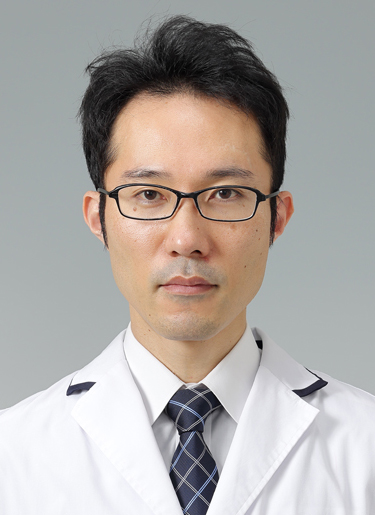
Terutaka Tanimoto,M.D.,Ph.D. |
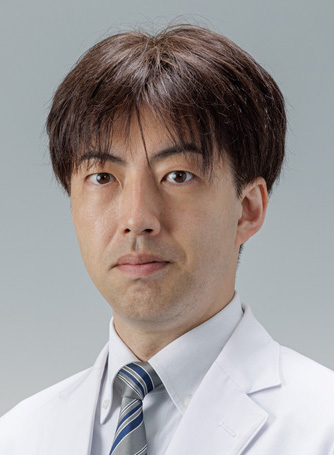
Hiroshi Nouso,M.D., Ph.D. |
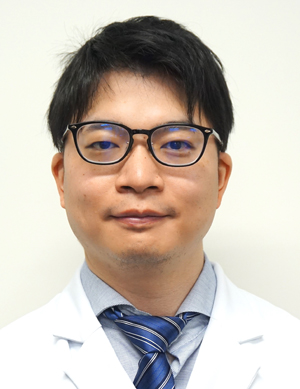
Hiroshi Okano,M.D. |
